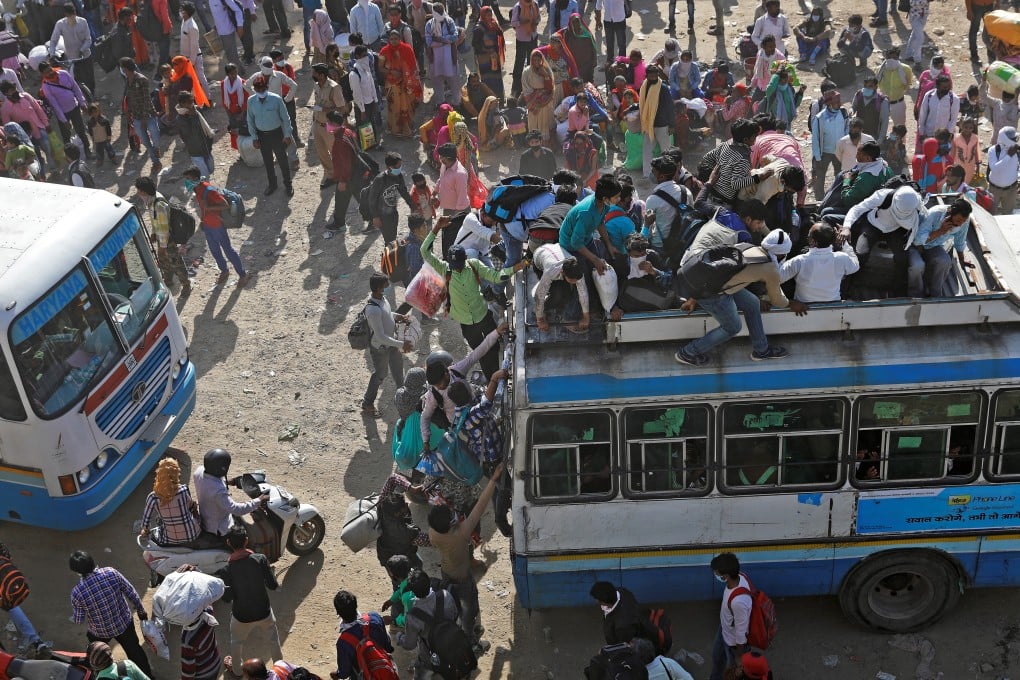Opinion | India’s coronavirus lockdown is becoming a humanitarian catastrophe
- India’s three-week lockdown has been devastating for the poor even as they struggle with a potential Covid-19 health crisis
- Informal labourers have been quarantined with no access to food and work, and are facing savage brutality by the police

India’s teeming poor – two-thirds of the population who live on less than US$2 a day – have been the worst affected by the lockdown, which enters its sixth day on Tuesday. They find themselves quarantined with no access to food and face being brutally beaten by the police supported by politically affiliated vigilantes if they dare step out.
Though essential services and grocery shops are permitted to operate during the lockdown, many policemen nationwide have gone on the rampage, threatening shopkeepers and halting the transport of food items if they are not paid the bribes they demand.

Police in Mumbai and many other places also overturned push carts laden with fruit and vegetables, while farm produce rotted in open trucks at places where there were blockades.
